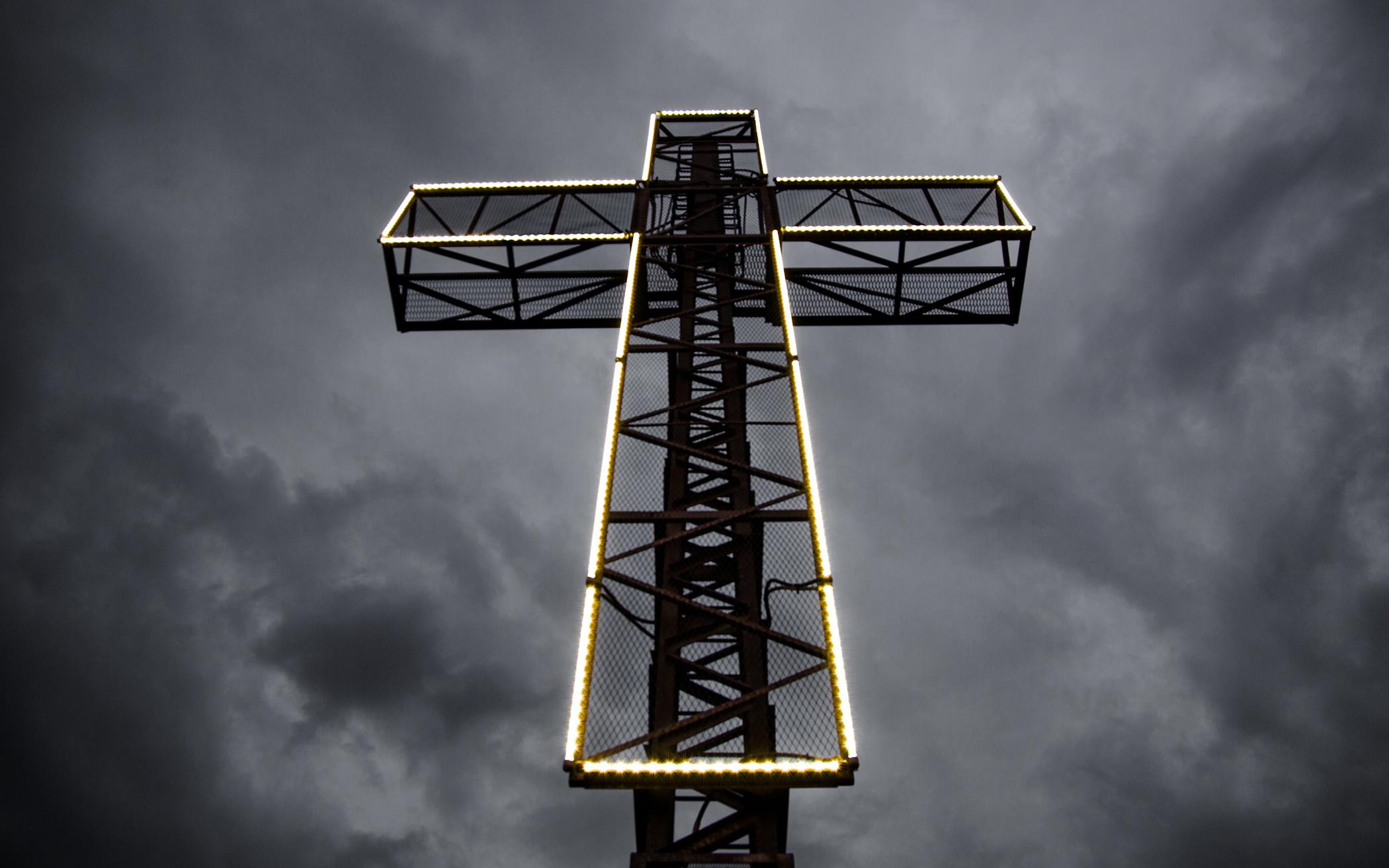As I Was Saying is a forum for a variety of perspectives to foster faith-related conversations among our readers with the goal of mutual learning, even in disagreement. Apart from articles written by editorial staff, these perspectives do not necessarily reflect the views of The Banner.
Christians believe that God is all powerful and in control of all things but also that we humans are responsible for our actions. This tension particularly surfaces when it comes to our salvation. Do we choose God or does God choose us? Admittedly, there are Bible passages to support both.
Scripture Discrepancies?
God sets before us life and death, and we are to choose life (Deut. 30:19). Peter calls his hearers to “save yourselves from this corrupt generation” (Acts 2:40). On the other hand, Ephesians 2 describes salvation as a resurrection where we are passive recipients.
Twice Scripture says God wants all people to be saved (1 Tim. 2:4; 2 Peter 3:9), yet Jesus said the cities of Tyre and Sidon would have repented if they had seen the miracles done in Chorazin and Bethsaida (Matt. 11:21-22).
We are told that God loves the whole world and to spread the good news of salvation to all people everywhere (John 3:16; Matt. 28:19) with a sense of urgency (Rom. 10:14-15). We are also told of a book of life with names of the saved written in it from the foundation of the world (Rev. 13:8; 17:8).
Some passages speak as if our salvation is contingent on obeying God’s commands (Matt. 25:31-46; 1 Cor. 6:9-10; Gal. 5:19-21; James 2:14-26; 1 John 3:6). Other passages speak as if we are saved by sheer grace through faith apart from works (John 3:18; Rom. 3:21-26; Rom. 9:11-12; Titus 3:4-5; 1 John 2:1).
Some passages speak about people resisting God’s salvation (Matt. 23:37; Acts 7:51). Other passages talk about hearts being opened or replaced to receive salvation (Ez. 36:26; Acts 16:14).
Some passages make it seem like it is possible to lose salvation (Gal. 5:4; Heb. 3:12). Other passages treat salvation as impossible to lose (John 10:28-29; Rom. 8:38-39).
Does the Sun Rise Every Morning?
Believing that the Bible is the infallible Word of God, how do we make sense of these conflicts?
Perhaps the reality is simpler than we make it to be.
Every day, the sun rises in the East and sets in the West. This statement is not false or invalid. These words make perfect sense because this fits with our experience. Of course, technically, the sun does not rise or set. The earth rotates. We know this and still speak about sunrises and sunsets.
Similarly, the Bible speaks from two vantage points at different times. Sometimes it speaks from heaven’s point of view and other times from ours. While seemingly in conflict, both vantage points describe the same salvation.
From Our POV
As far as we can see, the onus is on us to repent (Luke 13:3-5) and believe (John 3:18) and stand firm to the end (Matt. 10:22). We must choose to stop resisting God’s call on our lives. We must believe in and follow Jesus Christ to be saved (Acts 16:31). We must spread the good news of salvation to everyone everywhere with urgency because God wants all to be saved. Following God’s commands is not optional. We must dedicate ourselves to lives of obedience. We must persevere in belief to the end, or we will lose our salvation (2 John 8). We have choices to make and are responsible for those choices (Matt. 16:27).
From Heaven’s POV
At the same time, God has told us of a bigger picture. Our salvation is compared to being born (John 1:13; 3:3-8; 1 Peter 1:23). Nobody chooses to be born. It is chosen for us. Salvation is also compared to resurrection from the dead, where we contribute nothing (Eph. 2). It is God who predestined, called, justified, and glorified those who are saved (Rom. 8:30). Even as the apostles spread the good news of salvation, the Bible says all who were appointed for eternal life believed (Acts 13:48, 18:10). No one can come to Jesus unless drawn by the Father (John 6:65). Following God’s commands does not in any way supersede or add to God’s grace. Our perseverance in faith is not because we hang on to God but because he hangs on to us. God’s salvation of people is a divine plan, not a crapshoot.
Sometimes in Scripture these two views are placed together. John 1:12 talks about our role to receive Jesus and believe in his name in order to become children of God. Then, the next verse uses the metaphor of birth to describe our salvation as solely the decision of God.
Another instance is in Philippians 2:12, where we are told to work out our salvation with fear and trembling, highlighting our responsibility to follow Jesus with all the reverence of a human point of view. Immediately following this we are told that it is God working in us.
God has spoken to us from our vantage point, using all the “sunrise” and “sunset” language relevant to our point of view. But God has also given us a bigger picture. From heaven’s point of view, everything looks different. God is at work in ways we cannot see, and he is fully trustworthy.

